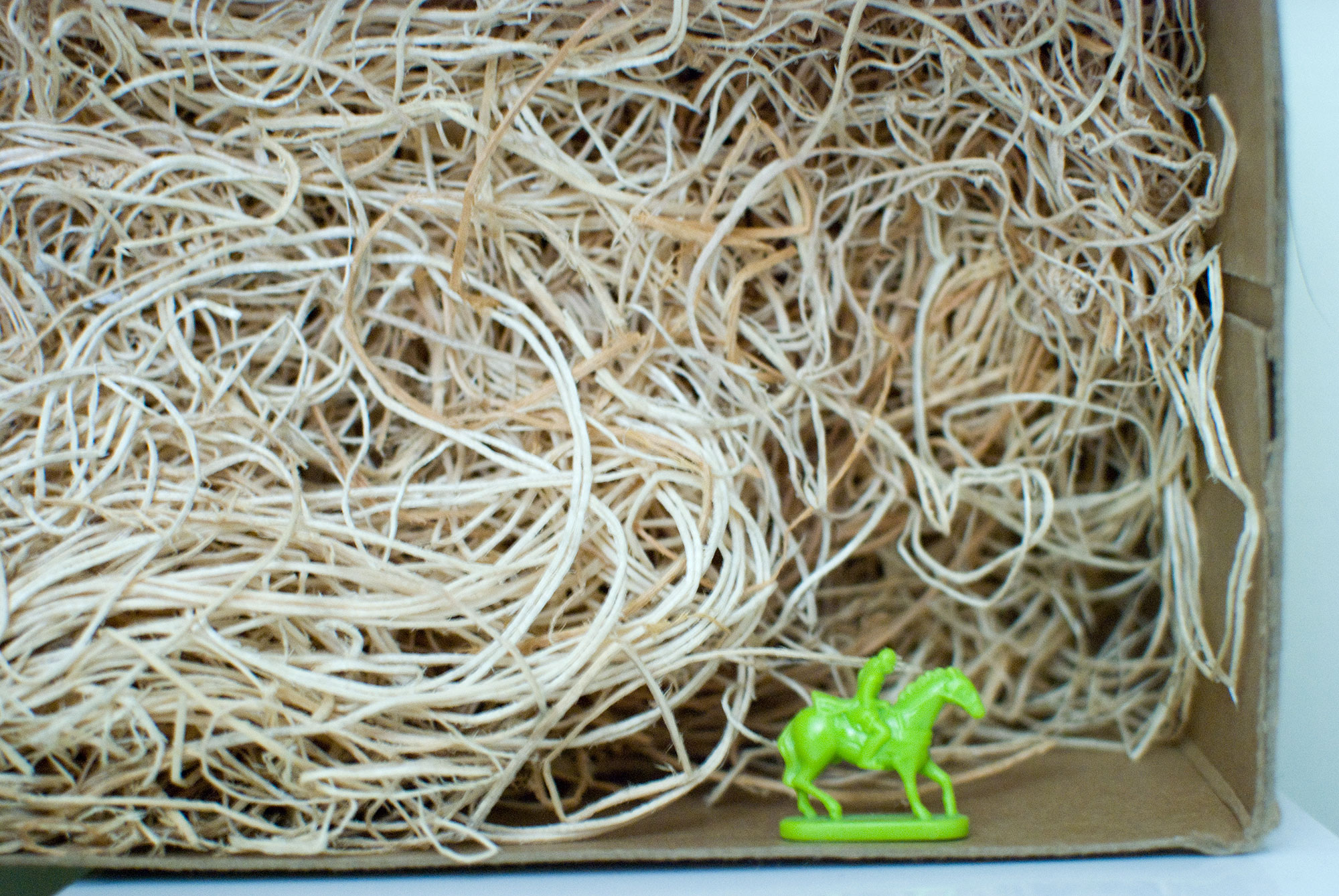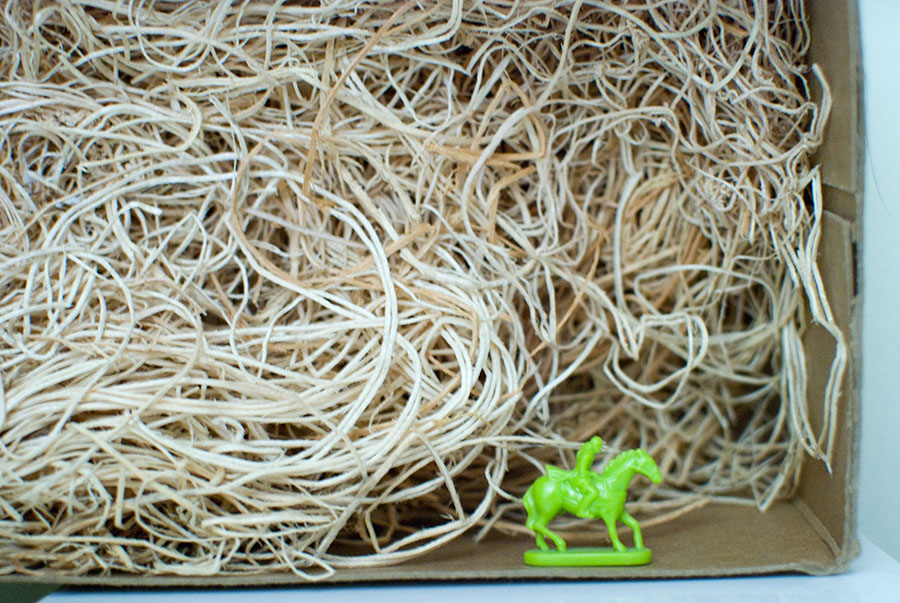Today’s post is suitable for those with MS and those who live in the world, generally. Stress is everywhere and it’s worse for us all than we might at first think.
Apologies Shakespeare for paraphasing the start of Sonnet 43:
Sress, how do we love thee? let me count the number of ways (in no particular order)
- Sugar causes our body to make changes (normalise elevated blood sugar) to get back to a level playing field (homeostasis). This requirement of extra chemical processes is a stress on our body. Although as the last chocolate brownie post said, if we consciously choose sugar enjoy the experience that can come from it (breaking sweet bread together).
- sugar, is just one of the addictive substance which all present a psychological aswell as physiological stress for us: We’re no longer choosing that last cookie/insert preferred naughty but nice poison here. Instead we’re in the grasp of something we have no control over.
- Lack of control in all sorts of arenas can cause our bodies stress.
- Lack of sleep: I started this post in my head whilst lying awake unable to find sleep. I’d done all the ‘concentrate on your breathing’ and ‘watch intrusive thoughts drift past on a waterway of calm’ but the waterway of calm was more of a babbling brook and had the potential to reach rushing, Niagran proportions.
- In this age of 24hr rolling news, with its wails of heightened terror alerts and tales of impending doom every day our body and brain can be forgiven for being in a state of constant arousal. This is fine for short bursts, it allows us to do the living of life.
Our brains can get stuck in the fight, flight or freeze mode (deadline brought forward or an altercation with someone from work are our modern equivalents of a sabre tooth tiger).
Unfortunately, this gives us a permanently elevated cortisol level.
When these stressors come into our life the sympathetic nervous system throws out cortisol as if our lives depended on it. The body can’t spend any time in ‘rest and digest’ mode. Food doesn’t get digested effectively and nutrients aren’t absorbed. Our body is ready for the ‘off’.
These somewhat avoidable states of stress also use up our store of various B vitamins which can further impact on our body’s ability to cope with stress…
Essential maintenance gets pushed to the bottom of the body’s priority list, including essential, unpanicked functioning of our immune system. If we’re stuck in this mode for extended periods of time the immune system can start going a bit postal. Some argue our increased stress levels are contributing to the increase in auto-immune related disorders.
When the parasympathetic nervous system is engaged, our body can start spending time and energy repairing and protecting itself.
Both these nervous systems are part of the autonomic nervous system. (We’re a complicated little kit of no instructions, aren’t we?) Mostly, the ANS is in charge of stuff so we don’t have to consciously think about it: like when to start panicking, breathing, sweating and when to get roused into anger or lust.
Stuff we don’t need to have much control over.
But some of it… we can shape.
The jolt of coffee feeling that cortisol produces (a release of adrenaline accompanies caffeine and contributes to many of the cells in the body getting focused. They are undistracted and better able to prime themselves for flight); This feeling can become quite addictive. I’m curious myself whether this might explain some of the interactions in our lives that seemed to erupt from nowhere?
Are some of us addicted to that caffeine free, self produced little buzz of hyper-alertness?
How can we get our bodies under the parasympatheic nervous system’s shielding wing?
Look out for the next installment which explores some of the strategies to get to that calm, healing space most of us visit briefly most days.

